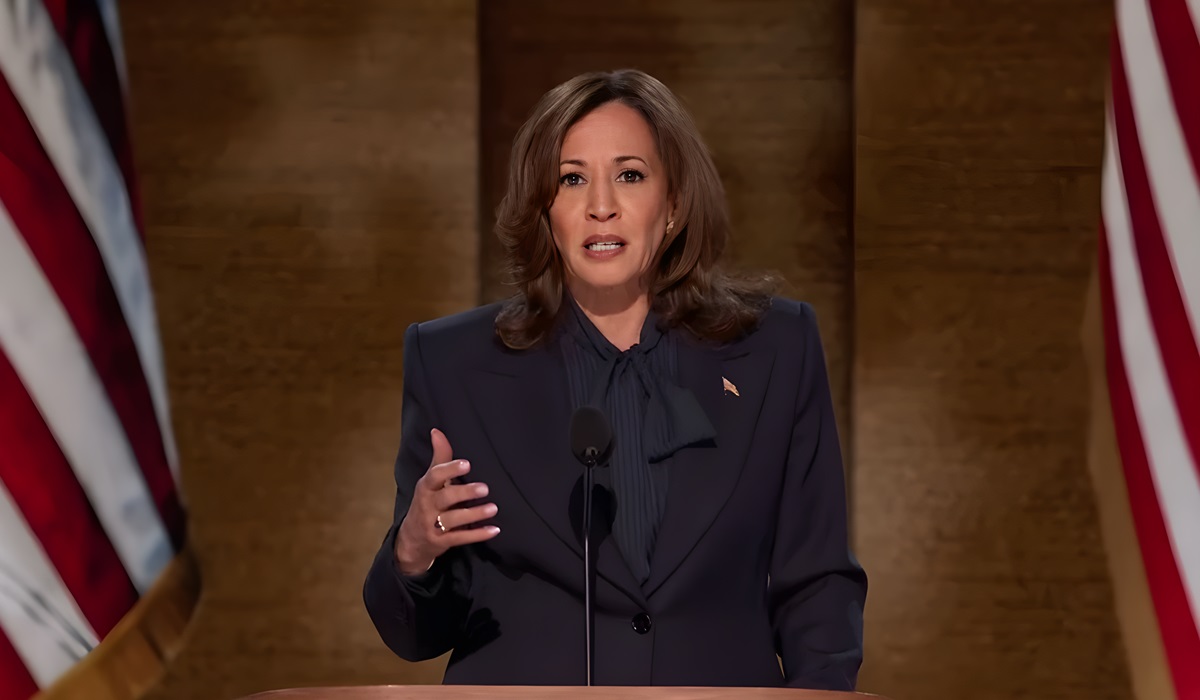Kamala Harris’s Campaign: A Struggle for Relevance Amidst Rising Criticism
As Vice President Kamala Harris continues her media tour in a bid for the Democratic presidential nomination, the challenges she faces are mounting. The Biden-Harris administration’s handling of critical global issues, particularly the conflict in Gaza and the war in Ukraine, has come under intense scrutiny. Critics argue that the administration’s policies have acted as gasoline fueling the ongoing atrocities in Gaza, raising serious questions about its commitment to human rights and the welfare of affected populations.
The implications of this foreign policy are significant, especially as they resonate with key demographic groups within the United States. Harris has lost the support of many in the Muslim and Palestinian communities, making it increasingly difficult for Democrats to hold onto critical states like Michigan, which have substantial representation from these groups. This erosion of support is not just a political concern; it reflects a broader sentiment of disenfranchisement among voters who feel disconnected from the administration’s actions and rhetoric.
Moreover, Harris’s failure to connect with Black men poses an additional challenge for her campaign. While it’s crucial to emphasize that voters should never choose candidates solely based on race, the reality remains that Harris has not effectively engaged with this vital demographic. Her inability to resonate with the experiences and concerns of Black men signifies another missed opportunity that could further jeopardize her candidacy.
For the majority of her campaign, Harris has lacked an actual platform, often resorting to the simplistic refrain of “I’m not Donald Trump.” This approach is not only preposterous but fails to provide a profound reason for the majority of America to vote for her. Based on her record over the past four years, many voters are left wondering what she stands for beyond opposition to her predecessor. In a political climate that demands substantive solutions, the absence of a robust platform could prove disastrous.
The urgency of the situation is underscored by the looming threat of a Republican-controlled Congress following the upcoming elections. If such a scenario unfolds, it could leave Harris’s proposed policies dead in the water, leading to a stagnant agenda that fails to inspire confidence among voters. This uncertainty heightens the stakes as her campaign shifts into what can only be described as “Hail Mary” territory. The gravity of the moment suggests that her media appearances may soon be curtailed, reflecting an acknowledgment that her ability to answer tough questions has been lacking.
Furthermore, if we are to judge leaders by their recent performance, Harris’s record raises legitimate concerns about her qualifications to serve as Commander in Chief. The stakes are high, and if voters assess her based on her current standing, they may come to the conclusion that she does not deserve to occupy the White House.
It is not far-fetched to anticipate that Democratic heavyweights, such as former President Barack Obama, Bill Clinton, and Michelle Obama, may be called upon to shoulder the burden of campaigning as the election approaches. This shift could serve to limit Harris’s exposure to challenging public inquiries, a strategy aimed at protecting her image in the face of rising criticism.
Ultimately, the trajectory of Harris’s campaign hinges on her ability to regain the trust and support of critical voting blocs. As she navigates this tumultuous landscape, the pressing question remains: Can she transform her campaign from a series of missed opportunities into a compelling vision for the future of America? Without substantial progress, the Democratic Party risks losing valuable support and influence as it heads into a critical election cycle.









